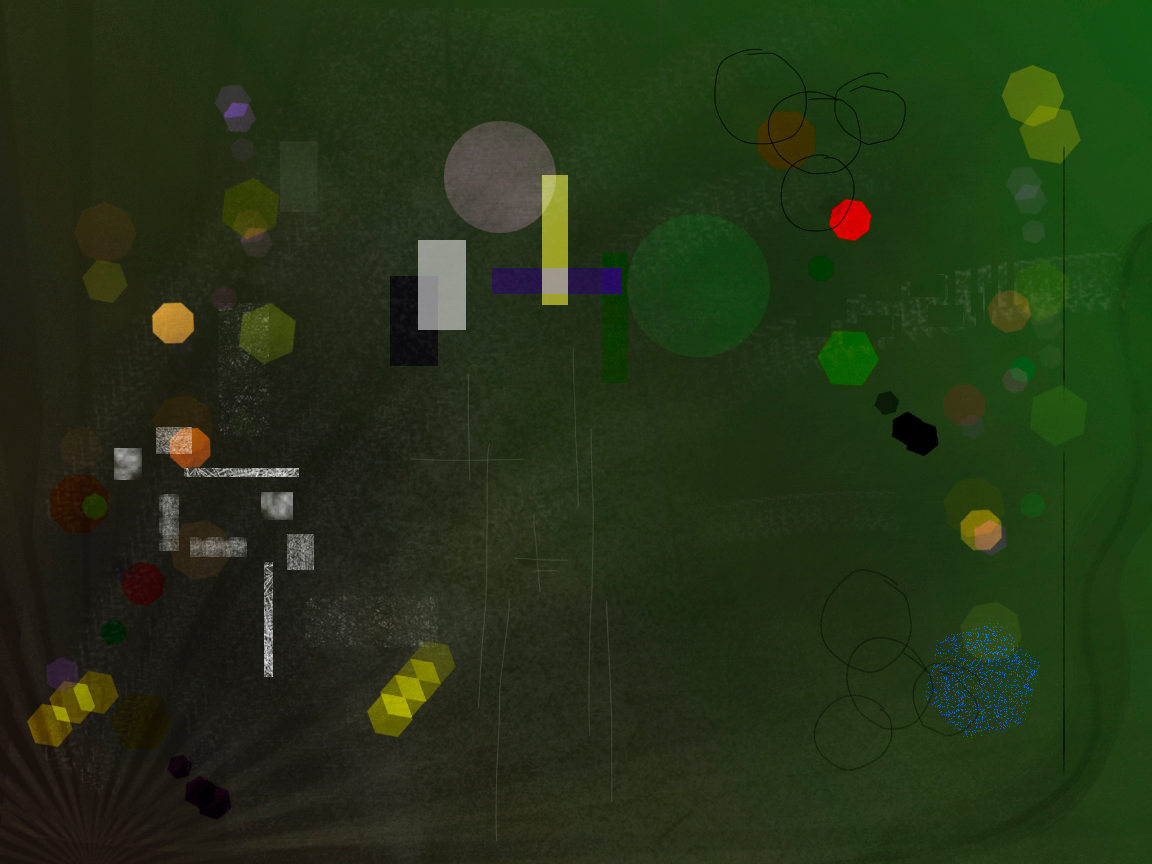When were the human masses born? The concept of “human masses” seems to be linked to the sociology of the 19th century.
In the Middle Ages we find the plebs, the mass, who have been defeated by intellectuals since the 19th century, it seems that they refer to a group of undifferentiated human beings, whose attributes can be confused with one another. That is to say, it does not only mean low and vulgar people as it implies plebs, an older concept, it is a concept cooked in the kitchens of the nascent social sciences.
The mass is, therefore, a sociological conceptual scheme that, although it had not been fully developed, served to unify a large number of beings still devoid of (sociological) attributes and that intellectuals used in a derogatory way, but already participating in language and treading the field of the sciences of man.
The plebs were never studied, no conceptual approach to the lower classes was of interest, all knowledge focused on God or the nobility. Perhaps the birth of the masses is at that moment in which it began to be useful to study the common people. When it became studyable, it was transformed into a mass, that is to say, common people turned into an object of study by the human sciences. From there to consumer prospecting techniques there is only one straight line path.
The path could have been: Study of the populations by the enlightened absolute king → study of the human being as a factory producer → study of the human being as a consumer of products.
